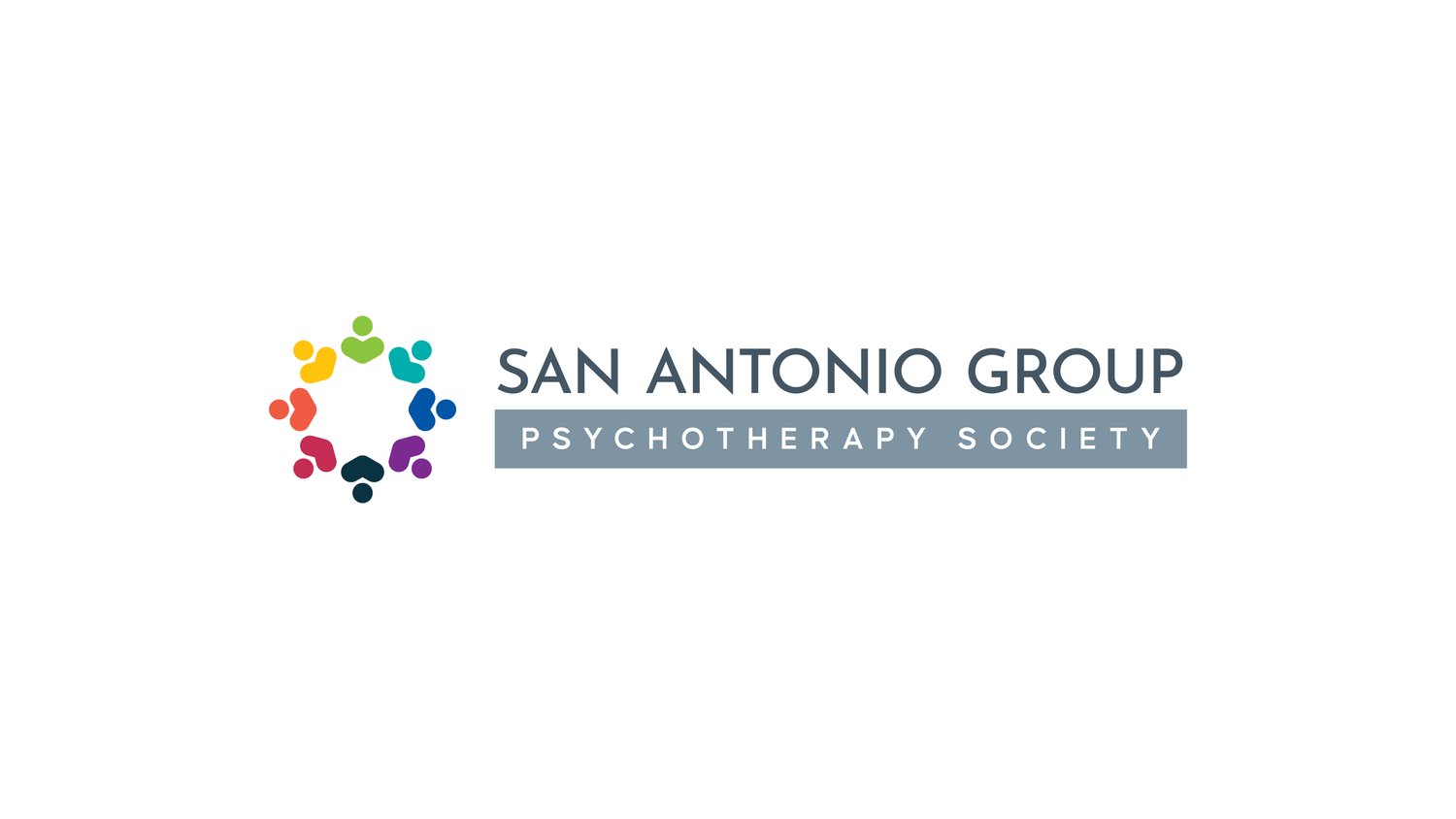2025 SAGPS Spring Workshop
Oedipus in Most of Us: Wounded Parents and the Therapists They Raised
Presented by |
Allen Lambert, LCSW-S, CGP
6 CEUs available for Social Workers, LPCs, LMFTs, and Psychologists
DATE: Friday April 4, 2025
8:30A -4P
Lunch Included
Location: Woodlawn Pointe Community Center
702 Donaldson Avenue | San Antonio 78228
Event Description
Sigmund Freud identified the Oedipus Complex as a universal psychological conflict in which children unconsciously desire to partner with one parent while competing with the other. According to Freud, a child’s healthy development depends on both parents setting firm boundaries that discourage this dynamic. But what happens when parents fail to do so? What happens to the child who is allowed—or even encouraged—to take on adult roles prematurely, becoming an emotional partner or caretaker to a parent? What are the consequences for the “Oedipally victorious” or “parentified” child in adulthood?
While Freud's contributions to psychology have been foundational, it is important to acknowledge there are significant criticisms of his work. This workshop uses the Oedipus Complex as a starting point to discuss the experiences of parentified adults—individuals who are more likely to work in helping professions and who may struggle with losing themselves in the service of others. This experiential, process-oriented workshop will explore the concept of Oedipal victory through clinical examples, research, and two demonstration groups.
Participants will examine common resistances in group therapy, including difficulties with accepting help, tolerating vulnerability, and relinquishing control. We will also explore the ethical implications of the therapist’s countertransference—particularly the risk of unconsciously parentifying group members or reenacting their own unresolved developmental dynamics.
Workshop Format
This six-hour workshop will include a combination of didactic teaching, small group discussions, and experiential learning. Participants will have the opportunity to observe and analyze two demonstration groups and apply insights from the material to their own clinical work. The afternoon session will build upon the morning content, with a focus on practical interventions for addressing perfectionism, over-functioning, and resistance in group therapy
Workshop Objectives:
The participant will be able to:
1. Describe the developmental process of Oedipal Victory and how it shapes an individual’s emotional and relational patterns.
2. Differentiate between the two primary personality structures of Oedipally victorious adults and how these patterns manifest in therapy.
3. Identify the five key psychological struggles commonly experienced by Oedipally victorious adults.
4. Examine transference and countertransference resistances that emerge when working with Oedipally victorious clients in group therapy.
5. Analyze the ethical considerations for group therapists who may unconsciously parentify clients or reinforce Oedipal dynamics in the therapy process.
6. Develop interventions for addressing perfectionism, over-functioning, and dissociation in group therapy.
7. Explore cultural variations in parentification and Oedipal Victory, and how these dynamics may present differently in diverse populations.
8. Practice strategies for establishing an authentic working alliance with Oedipally victorious group members while maintaining appropriate professional boundaries.
9. Apply insights from the demonstration groups to deepen their understanding of how these dynamics play out in real-time group therapy settings.


